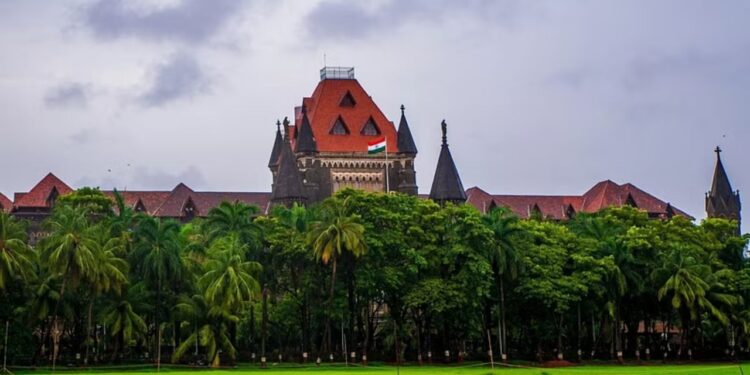The Bombay High Court’s stance on the issue of illegal hoardings has become increasingly stringent, as it seeks accountability from political parties and municipal authorities for their failure to comply with its 2017 judgment. The Court has issued show cause notices to political parties, questioning why contempt proceedings should not be initiated against them for continued violations despite their earlier undertakings.
Chief Justice DK Upadhyaya and Justice Amit Borkar, hearing the matter, observed that the situation has deteriorated despite assurances given by political parties, including major ones like the Indian National Congress, Shiv Sena, Bharatiya Janata Party, Maharashtra Navnirman Sena, and Nationalist Congress Party, not to authorize illegal hoardings. The Court noted that these hoardings have proliferated across public roads, particularly in Mumbai, with serious environmental and public safety concerns.
One of the primary concerns raised by the Bench is the environmental harm caused by the hoardings, many of which are made from non-biodegradable materials, exacerbating waste management issues. Moreover, these hoardings obstruct pedestrian movement and deface public spaces, including key landmarks such as the High Court and the City Civil Court. The Court underscored that these hoardings are not just an eyesore, but also a public hazard that threatens safety and well-being.
Despite the undertakings given by political parties to avoid the installation of illegal hoardings, their continued defiance has now triggered contempt proceedings. The Court noted that the situation has worsened rather than improved, with hoardings now being erected in highly visible and sensitive areas, including in front of the High Court itself. This was pointed out during the hearing on December 19, when the Court expressed its frustration and called the ongoing situation “horrendous.”
The Bench summoned the Advocate General (AG) of Maharashtra to address the issue and urged the AG to impress upon municipal authorities the urgency of the matter. The Court criticized the authorities for their inaction, particularly since the issue had been raised numerous times before. “What action have you taken?” the Bench demanded. “These hoardings are obstructing pedestrians, damaging roads, and defacing the High Court. This is completely unacceptable.”
In its order, the Court highlighted the failure of the authorities to take sufficient action despite repeated assurances. It noted that while the AG had conveyed that efforts were underway, the measures so far have been inadequate and lacked the necessary resolve to tackle the problem effectively. The Court also pointed out that the issue is not limited to Mumbai alone but is prevalent across the entire state of Maharashtra, calling for a statewide effort to curb the proliferation of illegal hoardings.
The Bench emphasized the need for both preventive and punitive measures to address the issue. It directed the State government to urgently hold a meeting with municipal officials to develop an action plan for ensuring compliance with defacement laws. Additionally, municipal authorities were instructed to take responsibility for any violations, and district authorities and the police were directed to cooperate fully in removing unauthorized hoardings.
The Court further stressed that political parties must honor their earlier commitments, warning that failure to do so would result in contempt of court proceedings. Municipal authorities were ordered to submit detailed affidavits outlining the steps they would take to enforce the 2017 judgment. The Principal Secretary of the Urban Development Department was also directed to submit an affidavit detailing the State government’s efforts to enforce the Court’s order.
The Court also directed the Director General of Police to issue a circular to police authorities across the state, ensuring that police will assist municipal authorities in the removal of illegal hoardings. This includes ensuring that police personnel are adequately supporting municipal officials in the enforcement of defacement laws.
The next hearing, scheduled for January 27, 2025, will review the progress made by the authorities in addressing the issue and will assess whether sufficient steps have been taken to comply with the 2017 judgment. The Court has made it clear that further non-compliance will result in stringent actions, including contempt proceedings, against political parties and authorities involved in the unauthorized hoarding installations.

















